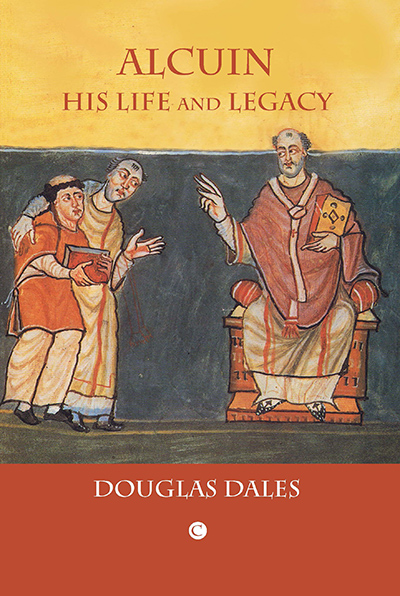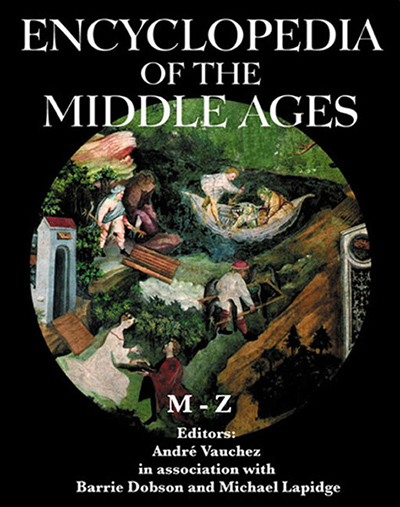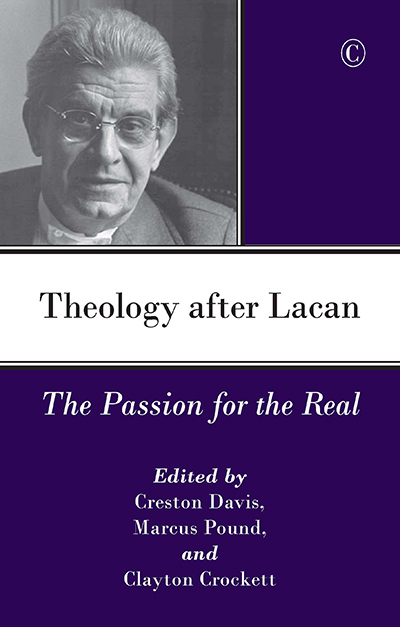Description
Douglas Dales provides a comprehensive study of the life of one of the most underrated figures of the early medieval Western Church. Alcuin left behind him a varied selection of correspondence and other documents which attest to his prominence as a statesman, theologian, poet, friend, and teacher. In this, the first study to fully examine the full span of Alcuin’s life and the lasting effect of his actions, the author deftly weaves together the primary manuscript evidence to record Alcuin’s transition from a precocious schoolboy of noble lineage in York to his involvement with Charlemagne, Offa, and the papacy in Rome.
Alcuin was a conscious heir to the rich traditions of the English Church, and his skill as a poet of prayer, as well as an educator, marks him out as a seminal influence upon his own generation and those that came after him. This book examines his life and career in England and on the continent, and considers his legacy as a churchman and a leading political figure. While Dales places Alcuin firmly within his Christian cultural inheritance and historical context, he also traces from the surviving evidence the subtle and nuanced elements of Alcuin’s personality and relationships.
About the Author
Douglas Dales was from 1984 to 2012 Chaplain of Marlborough College, Wiltshire, and he is now a parish priest in the diocese of Oxford. He is the author of several studies in Anglo-Saxon church history and other areas of theology, and a Fellow of the Royal Historical Society. He is the author of Dunstan: Saint and Statesman, Living Through Dying: The Spiritual Experience of Saint Paul and Light to the Isles: Mission and Theology in Celtic and Anglo-Saxon Britain.
Contents
Illustrations
Preface
Abbreviations
Introduction
Part One: England
1. York
2. Emissary
3. Letters to England
4. Alcuin and Offa
Part Two: Charlemagne
5. Charlemagne
6. Alcuin and Charlemagne
7. Statesman
8. Rome
9. Crisis and Coronation
Part Three: Legacy
10. Abbot of Tours
11. Alcuin and Monasticism
12. Letters, friends, and manuscripts
Conclusion
Notes
Bibliography
Index
Endorsements and Reviews
Alcuin has waited longer than his time for this succinct but comprehensive appreciation.
Dr Mark Edwards, in Church Times, 26 April 2013
Dales’ own familiarity with the history of Christianity in England is apparent throughout his book. … The biography provides a good introduction to Alcuin’s letters and poetry.
Nathan J. Ristuccia, in Reviews in Religion and Theology, Vol 20, No 3
… this is a work that does Church History a valuable service in enabling a fuller appreciation of Alcuin.
Jonathan Hustler, in Theology, Vol 116, No 6
The book is written by D. Dales in an easy, fun style, while being extremely informative and scientific. It will serve as an excellent incentive to more deep study of the political and intellectual history of the early mediaeval period and will be useful additional material for those studying the history of the Catholic Church.
Anastasia Palamarchuck, in Folia Petropolitana, Vol 2, Issue 1
There is much in this book to be commended: it is a good synthesis of many of Alcuin’s works (especially his letters and some of his theological works) and of some recent scholarship. General readers and undergraduate students will find this an accessible (and very readable) introduction to Alcuin’s life.
Helen Foxhall Forbes, in The Catholic Historical Review, Vol 100, No 1
This book is accessible to the general reader who is quite unfamiliar with this period of history but it also offers a sound guide for those studying and teaching early medieval history and theology. There are detailed notes and an extensive bibliography. … Dales carefully steers readers through Alcuin’s context, what he inherited from the past, his friendships, his multiple contributions, the challenges he met and his legacy.
John Sullivan, Liverpool Hope University, in Theological Book Review, Vol 25, No 1
Douglas Dales’ two books on Alcuin are well researched and well expressed, based on a wide range of scholarship, both historical and theological, and the books combine to provide important source material for scholars working on either Alcuin or his very powerful friend, Charlemagne. … There are excellent sections in both books on Alcuin’s early life and problems in England, and his enforced stay in Europe. His wide ranging literary works are well discussed, as are his relationship with Charlemagne and with his fellow courtiers, and the theological implications are well covered in great depth, and the final chapter on poetry is very interesting. … the two books should serve to reinforce the important role played by Alcuin as a key theologian and significant politician at a very interesting period of European history.
John R.C. Martyn, University of Melbourne, in Journal of Religious History, Vol 38, No 1
Alcuin’s literary and poetic skill, his philosophy as a Christian educator, and the other departments of his work, ministry and relationships, are handled in a way that build up a three-dimensional picture not just of the man, but of the age as a whole. … True to the man, and in explanation of his influence, the second volume ends with the theme ‘Alcuin’s Theology of Friendship’. These two volumes are indeed worth befriending.
Charles Miller, in Fairacres Chronicle, Vol 48, No 2
[Alcuin: Theology and Thought and Alcuin: His Life and Legacy] are superbly written and really complement each other without their content overlapping.
J. Robert Wright, in Anglican and Episcopal History, Vol 83, No 4
As a historian, Dales pays a great deal of attention to the historical context, diligently recording Alcuin’s life and achievements with reference to a variety of sources, theological tracts, letters, poems, and official documents, bearing also constantly in mind direct evidence from the manuscripts.
Anneli Luhtala, in The Author, 2014





